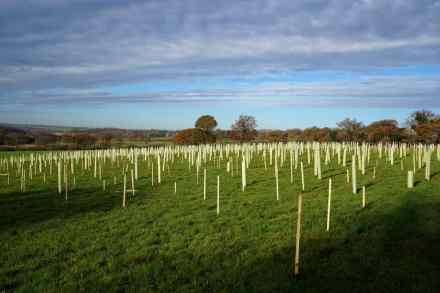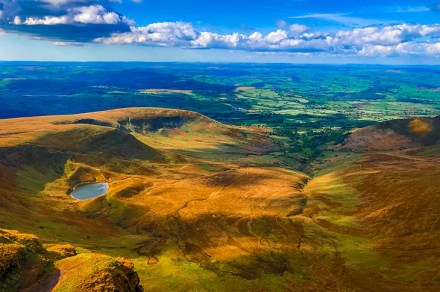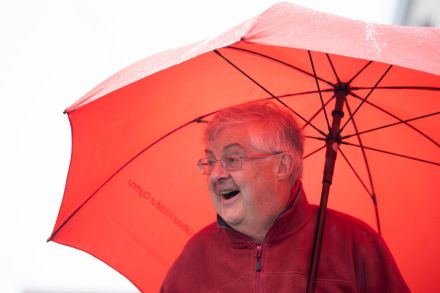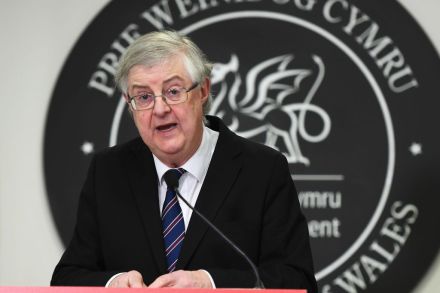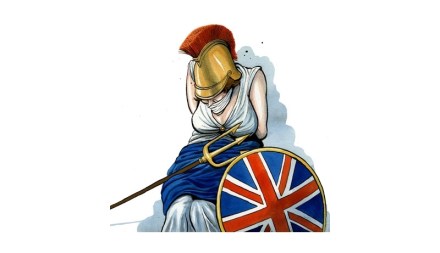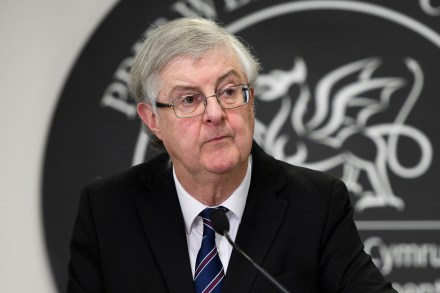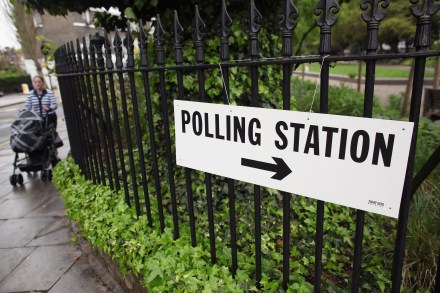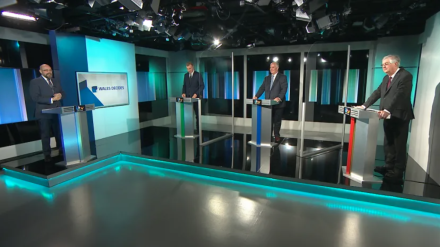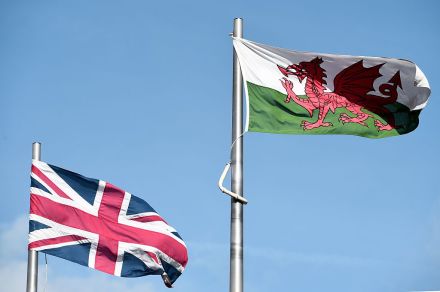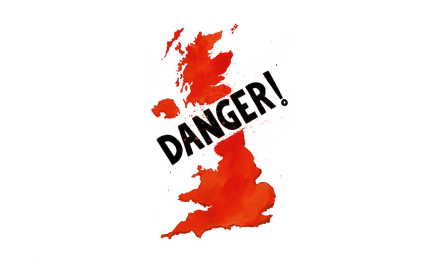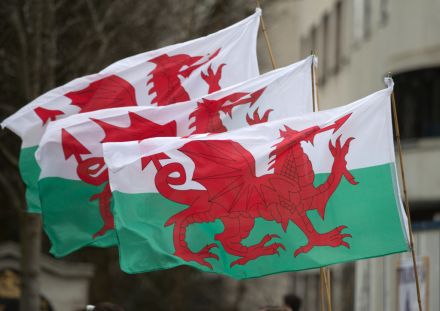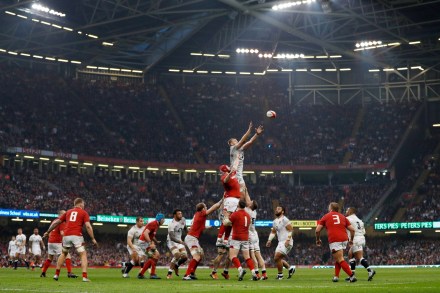The Welsh village taking on the tree planting industry
The village of Cwrt y Cadno sits in a particularly pretty and unspoiled valley in Carmarthenshire, south west Wales. The steep sides of the Mynydd Mallaen plateau rise to the east; the foothills of the Cambrian mountains look down from the other side, and the Cothi river cuts a path between the two. But in this quiet village a scuffle has broken out over the fate of a tree planting scheme in the area. It’s a fight that may well reveal the folly of mass tree planting in Wales, the side effects of ambitious carbon targets, and the futility of government subsidies. Large forestry plantations have been a feature of
